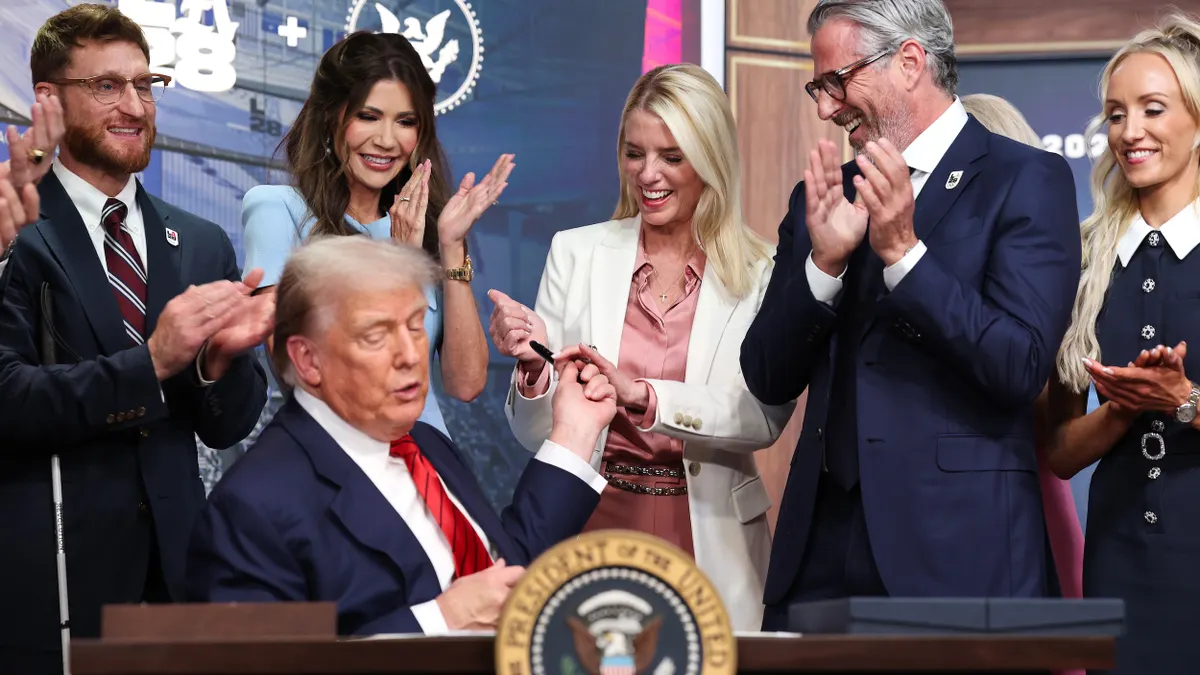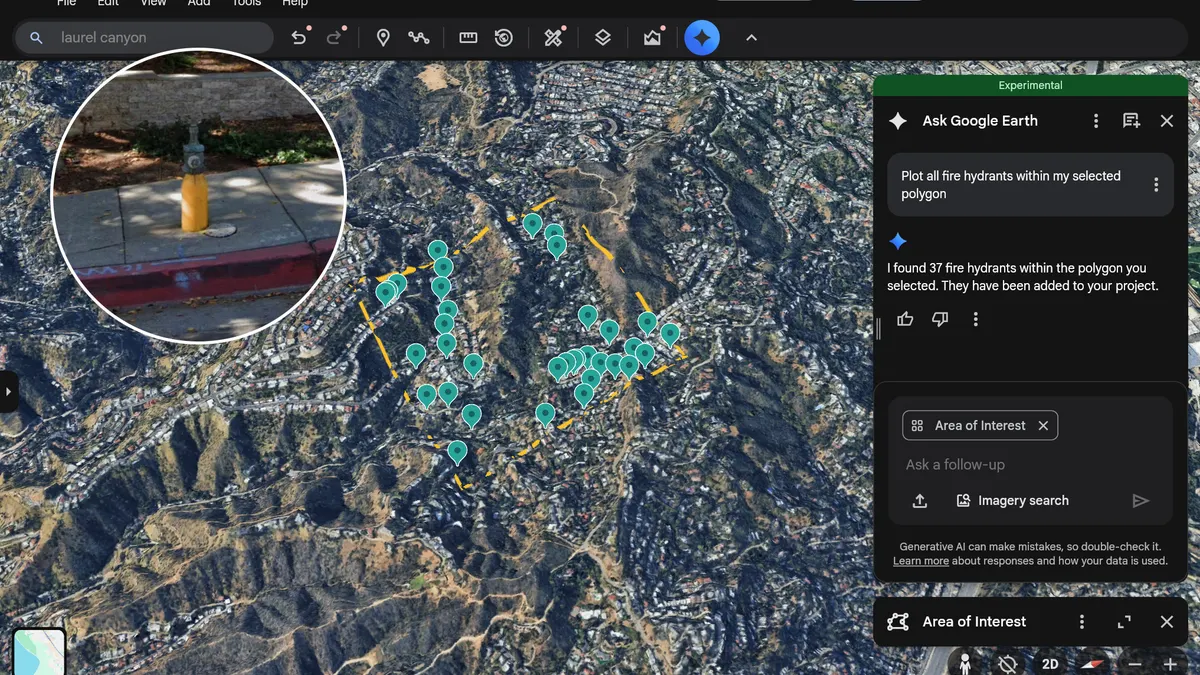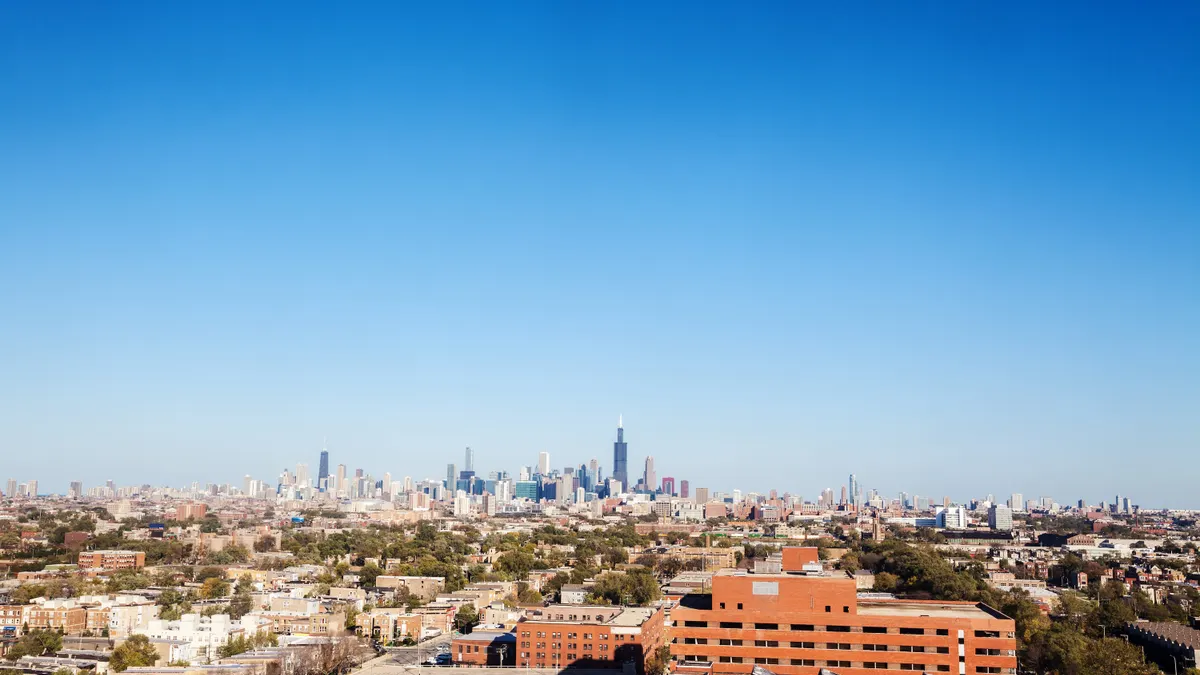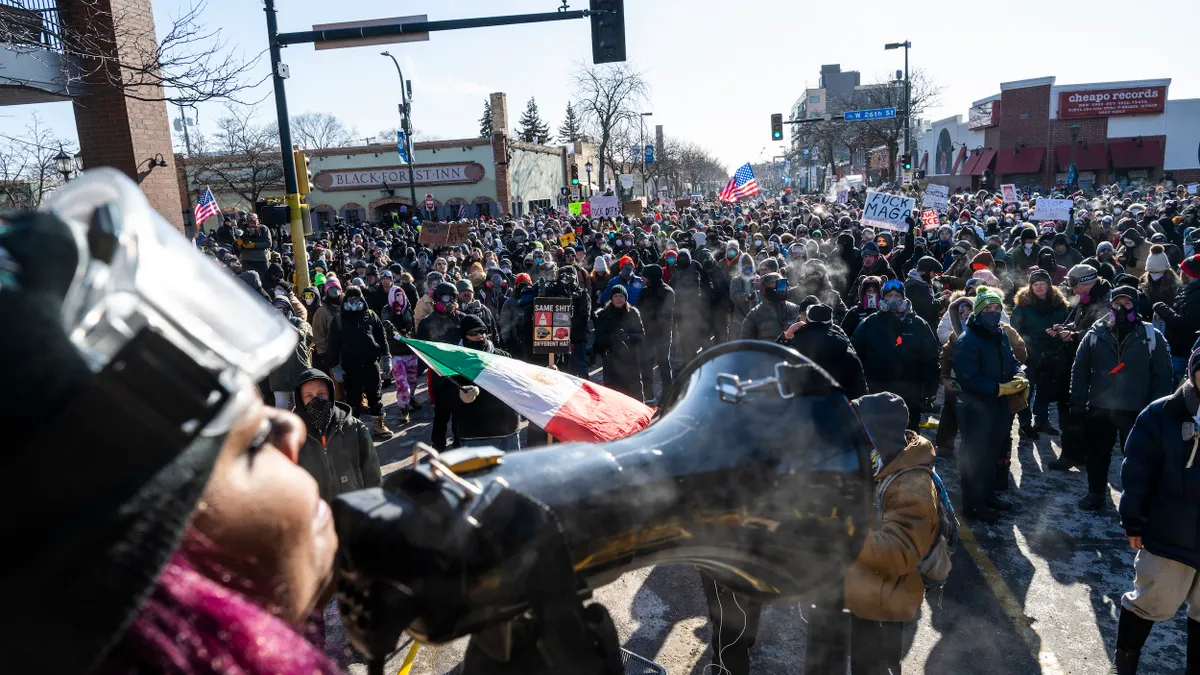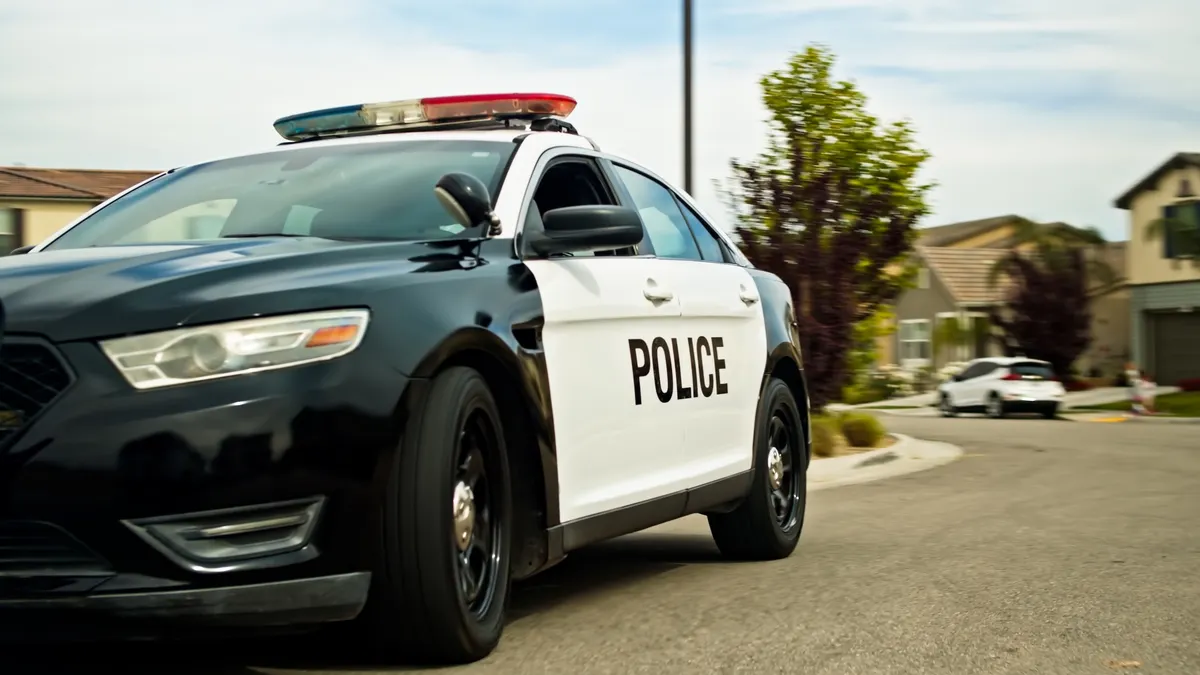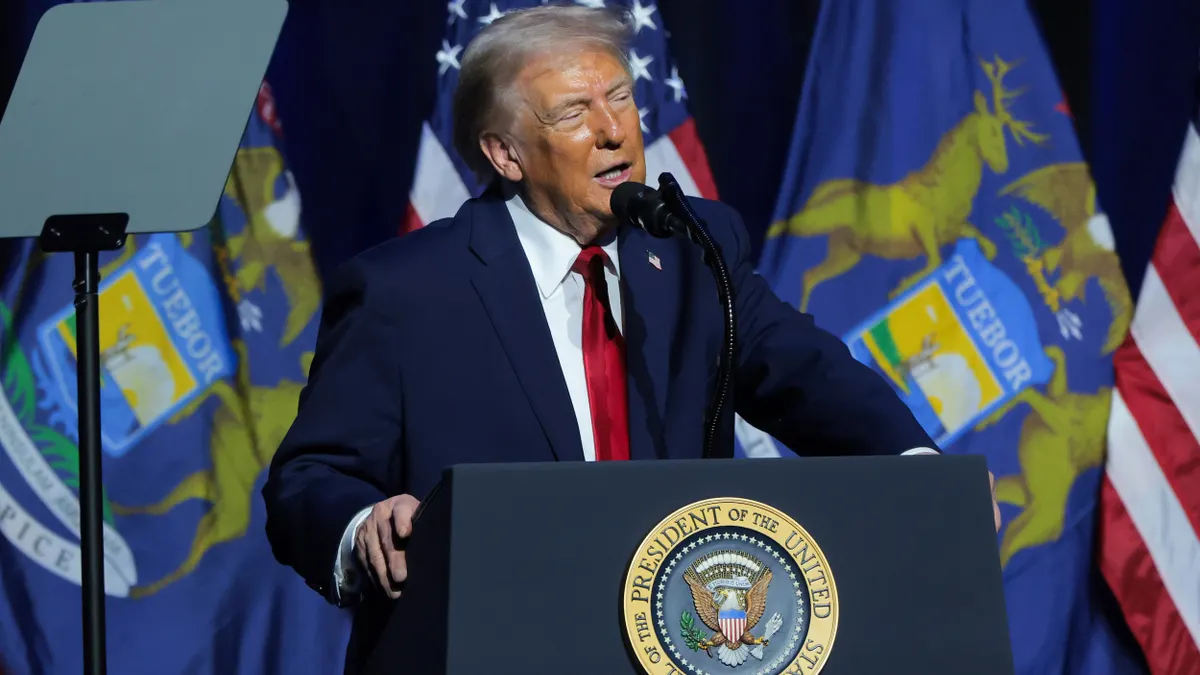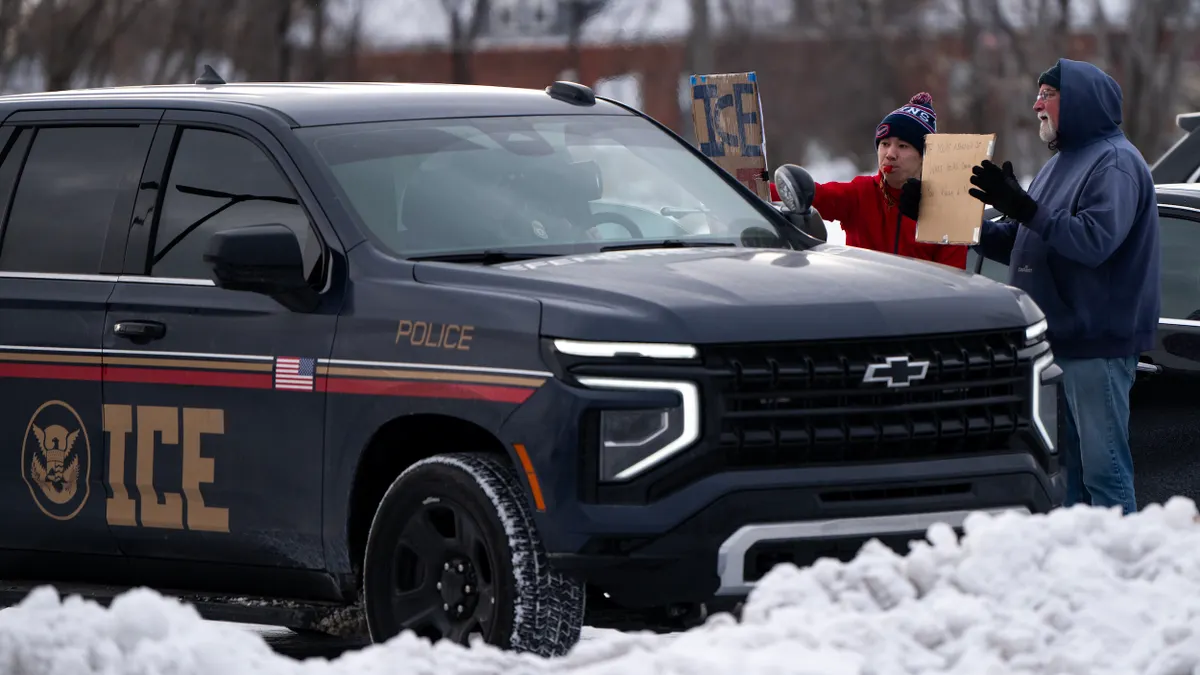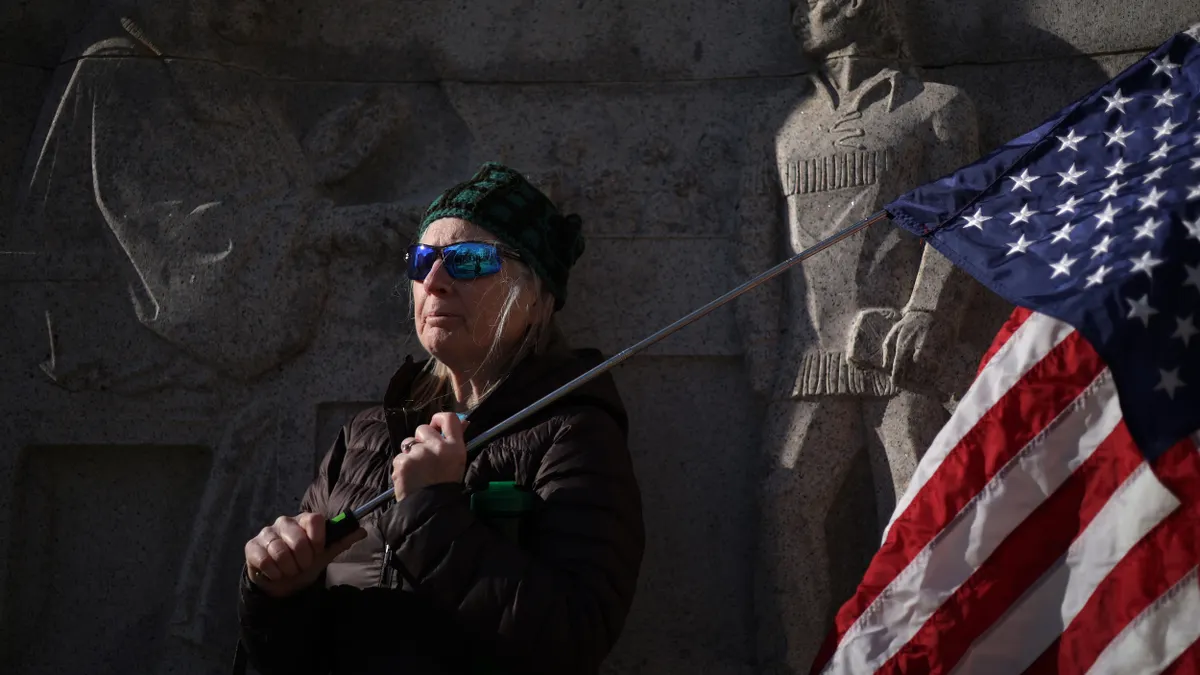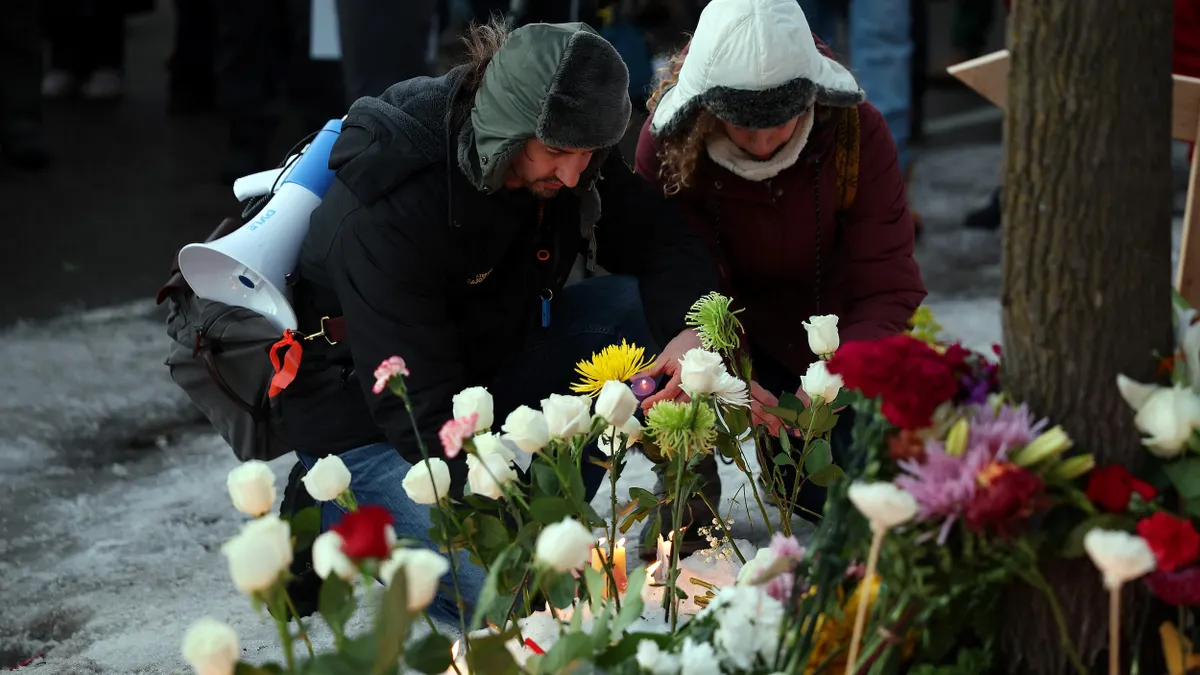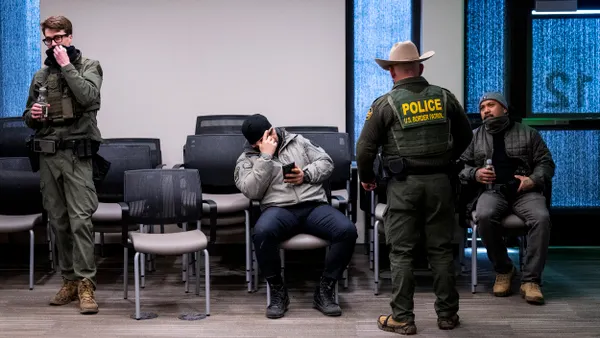Zev Yaroslavsky was on the Los Angeles City Council when LA hosted the 1984 Summer Olympics. “It was a glorious time for the city,” he said. “I’ve never experienced anything in this town like it, before or since.”
Twelve years earlier, Palestinian militants had killed 11 Israeli athletes at the 1972 Olympics in Munich, a tragedy that was top of mind as Los Angeles officials made plans to host the games. Security was “the number one issue, aside from the staging of the games themselves — more than transportation, more than international diplomacy, more than anything else,” Yaroslavsky said.
The Reagan administration, which held office from 1981 to 1989, was a great partner in those efforts, he said. Communication between the CIA, FBI and Los Angeles Police Department was seamless. Now the director of the Los Angeles Initiative at the University of California, Los Angeles Luskin School of Public Affairs, Yaroslavsky said he hopes the federal government’s involvement in the 2028 Summer Olympics in Los Angeles will follow that example.
“But we have a different situation now,” he said. “The rules are different. There are no rules.”
A White House task force
On August 5, President Donald Trump signed an executive order declaring himself chairman of a White House Task Force on the 2028 Summer Olympics composed of Vice President JD Vance, Attorney General Pam Bondi, Department of Homeland Security Secretary Kristi Noem, other Cabinet members and White House officials. The task force will “coordinate Federal planning and response related to the security, transportation, and entry/exit processes for the Games” and “ensure operational readiness across law enforcement, counterterrorism, transportation, and emergency response,” among other functions.
Casey Wasserman, chair of LA28, the organizing committee for the games, said during a press conference announcing the task force that ”we remain incredibly confident in our ability to deliver the best games ever, and that starts with the support of this administration every step of the way.”
Trump said at the press conference that he was “mobilizing the entire federal government to ensure the games are safe, seamless and historically successful.”
He also berated Los Angeles Mayor Karen Bass, calling her “not very competent,” and said, “We’ll do anything necessary to keep the Olympics safe, including using our National Guard or military.”
Statements like that are what worry Yaroslavsky. “What concerns me — and I think concerns everyone else — is, is this going to be a partnership or is this going to be a press event, a performative event?” he said. “There’s been so much politicization of everything in the last six months.”
Then-President Joe Biden declared the 2028 Olympics a National Special Security Event in June 2024. Jules Boykoff, a political science professor at Pacific University in Oregon who has written six books on the Olympic Games, said that’s typical for events of this magnitude. However, he added, the designation “gives over control to the federal government in ways that are not typical.”
Security efforts at the 1996 Olympic Games in Atlanta were “famously disjointed, as major federal, state and local agencies worked in separate offices and with sparse communication,” the Washington Post reported in 2001. On July 27, 1996, a pipe bomb explosion killed a spectator in Atlanta’s Centennial Olympic Park.
With this tragic event and 9/11 still fresh in everyone’s minds, the 2002 Winter Olympics in Salt Lake City were the first Olympics to receive National Special Security Event designation, putting them under the jurisdiction of the Secret Service, FBI and Federal Emergency Management Agency. Then-Utah Gov. Mike Leavitt proactively called up the Utah National Guard.
So, military presence at the games is not unprecedented, Boykoff acknowledged. The president’s involvement in that deployment would be, he said. “I’ve never heard of the president specifically calling out that the military was going to be involved.”
Tensions are high
For the Salt Lake City games, the Utah legislature created the Utah Olympic Public Safety Command to unite and facilitate communication between local and volunteer law enforcement officials, National Guard troops and other military personnel, Treasury Department agents, FBI and emergency personnel who worked the games.
Trump’s executive order places the Olympics task force under the purview of the Department of Homeland Security — which, Boykoff pointed out, “has made a big footprint in Los Angeles recently.”
DHS officials could not be reached for comment.
Tensions between the Trump administration and Los Angeles officials have been brewing since June, when Trump ordered the deployment of 2,000 California Army National Guard soldiers and 500 Marines to Los Angeles — without California Gov. Gavin Newsom’s authority — after protests against Immigration and Customs Enforcement raids erupted in the downtown area. Newsom filed suit against those actions; a trial in the California district court concluded Wednesday. And last week, the Trump administration asked the Supreme Court to block a federal judge’s July 11 ruling barring DHS agents from stopping suspected undocumented immigrants based on apparent race or ethnicity.
The question on Boykoff’s mind: “Is Trump going to use the opportunity of these sports mega-events, whether it’s the 2026 FIFA World Cup or the 2028 Olympics, to stick it to his political arch rivals in California?”
Los Angeles Deputy Mayor of Communications Zach Seidl said LA will do its part to build a positive partnership. "We’ve had a productive working relationship with the federal government since Los Angeles was awarded the Games in 2017,” he said in an emailed statement, “and we will continue preparing with all partners to host the best Games in history.”
This is crucial, Yaroslavsky said. “The 2028 Olympics are “a real opportunity to be a great stage for LA to put its best foot forward, but it has to be a partnership. I hope that will be the case.”
Correction: This article has been updated to correct which Olympics were the first to receive National Special Security Event designation. The 2002 Winter Olympics in Salt Lake City were the first.



